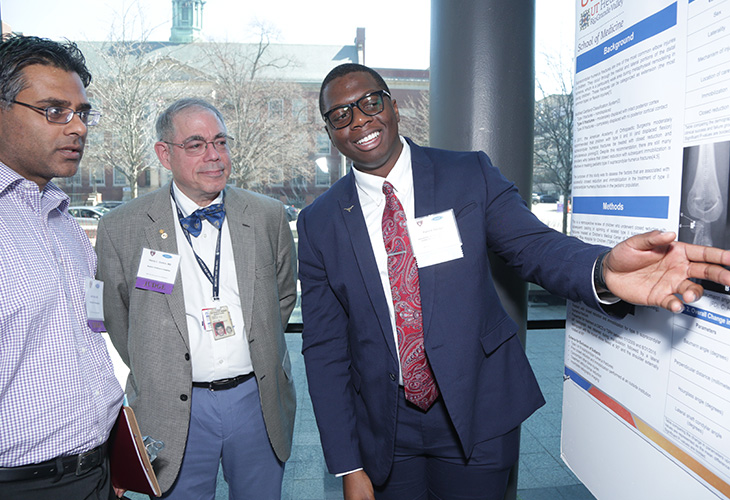College students’ well-being during the COVID-19 pandemic: A systematic review of the literature
Abstract
Studies have shown increased levels of distress during the coronavirus disease-19 (COVID-19) pandemic, and college students are becoming more recognized as a vulnerable population. This narrative systematic review aims to synthesize the current understanding of mental health, lifestyle, and socioeconomic impacts that the pandemic had on college students in the United States. A search was conducted on PubMed, PsycInfo, and Web of Science. A total of 34 observational studies were included which examined aspects of college students’ health and experiences during the COVID-19 pandemic in the United States. A great deal of students was shown to experience a moderate level of stress and subsyndromal depression and anxiety in the early months of the COVID-19 pandemic. Several risk and protective factors have been characterized. Students experienced various academic, financial, and housing disruptions. Studies have highlighted the need for institutional support to reduce the adverse psychological impact of the pandemic. There is a need for further large-scale research to assess the scope of COVID-19-related biopsychosocial impact, especially in vulnerable populations such as racial/ethnic and sexual/gender minorities.


